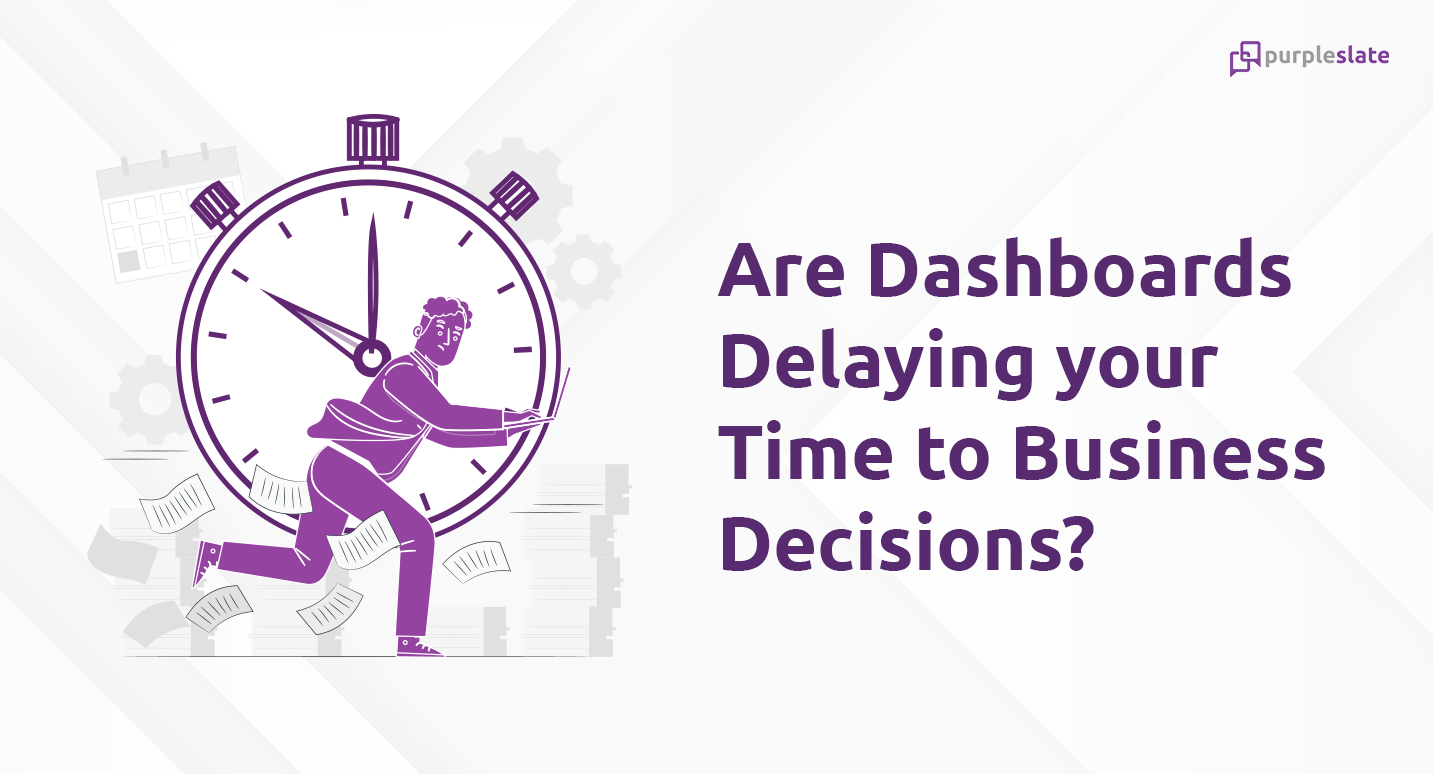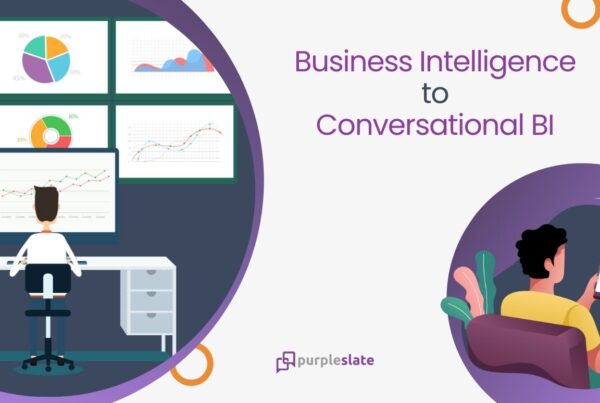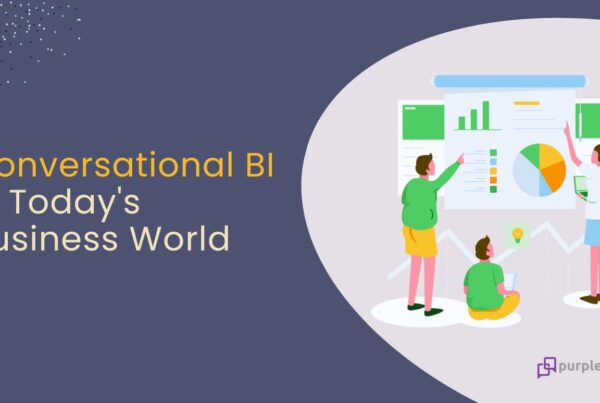
Introduction
Let’s face it, as much as your business loves analytics and dashboards, they can also be frustrating for even the savviest of data professionals.
If you’re like most data professionals, you probably spend more time than you’d like to admit wrangling data into a format that makes sense to you. And when that’s done, the real work comes in finding insights in all those numbers.
In fact, according to a survey, Data analysts only spend half their time doing analysis. The rest of their time is invested in wrangling data. The survey further says, 68 per cent of data analysts have profit-driving ideas, however, they have only a little time to implement them.
The Business is hungry for answers, but are you feeding them?
If your Data Analyst is not crunching the numbers and answering questions on data, he/she is probably not doing their job efficiently.
As a business, the data is there. You have the numbers, and they need to be used. With data in the arms reach, why are businesses not taking advantage of this? There could be a few reasons for this.
- There is too much information and you are not using it to its full potential or using it in the right way.
- Getting answers from your data is a project. You have to build a dashboard for everything or depend on a team to get answers.
- It could be that the information just isn’t there.
- It could also be that the business just isn’t asking the right questions.
What’s causing the delay?
From using old-fashioned tools to depending on a team of data analysts, there are many reasons for information delay. A survey reports that data scientists spend about 40% of their time gathering and cleaning data, 20% of their time building and selecting models and 11% of their time finding insights and communicating them to stakeholders.
There are a few factors that impact how quickly you’re able to get the insights you’re looking for.
The time to get a dashboard ready. You have to wait for your data analyst team to build the dashboards and most importantly, dashboards will not be able to deliver personalized and timely insights.
The lack of a clear data governance plan. If you don’t have a clear idea of what data is being collected and how it’s being managed, you could be introducing bias into the numbers.
A lack of standards or best practices. If only a few people know how to get the data, and nobody has a standard way of presenting it, it can be difficult for others to dive in and start finding insights.
How to overcome the delay in time to decision-making?
You need to have your answers ready for your data questions to make decisions. To achieve that I can foresee only two scenarios.
You either have a team of data analysts who work on dashboard to deliver the answers to your data questions. The other option is to choose a self-service BI tool that will you get answers as you demand.
Now, are self-service BI tools truly self-serve? That’s a separate discussion for another day. The BI tool that I speak of should be able to provide you insights without the help of another person at the very moment.
This is why conversational insights is the future of business intelligence. Imagine a BI tool with which you can have a meaningful conversation on your data. Where you ask the right questions and the conversational insights platform provides you with the answers at the very moment with interactive charts.
A platform that can provide answers to its users’ question, on any dataset that it is trained on irrespective of the volume of data will be able to solve the information delay problem.




